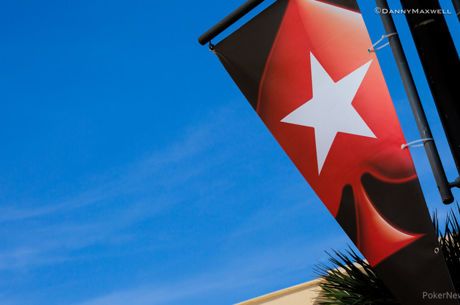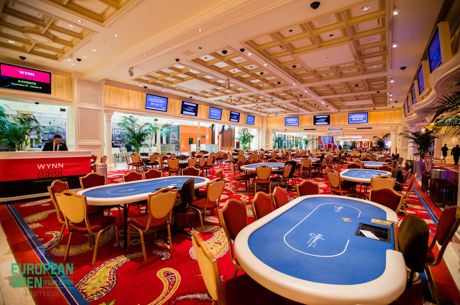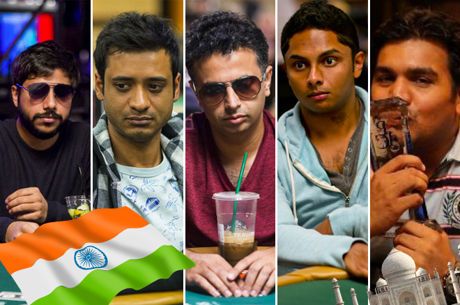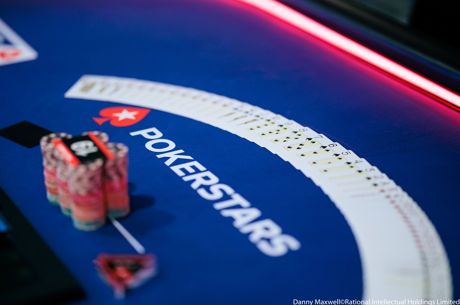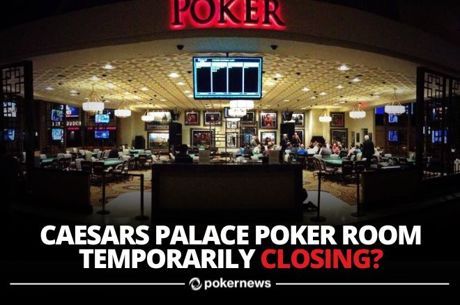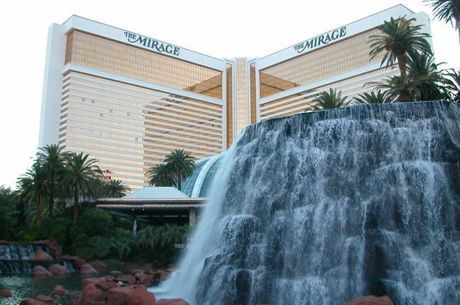Inside Gaming: Nevada Regulators Reject CG Technology Settlement
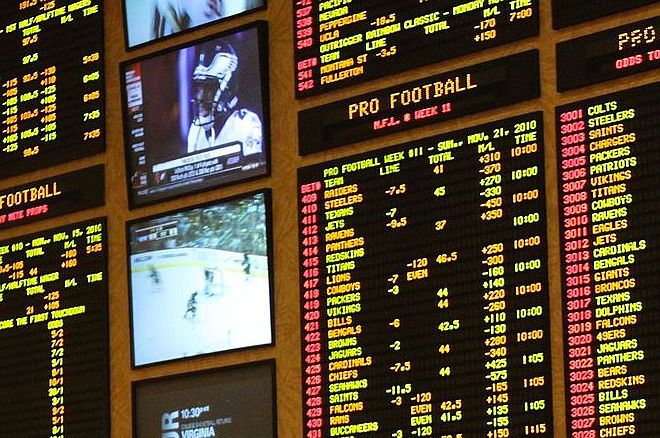
This week's Inside Gaming begins with Nevada regulators choosing to reject a settlement with a major sportsbook operator following multiple violations, looks in on an ongoing legal battle of a tribe in Michigan desirous to operate a casino, and looks at another Asian country contemplating introducing casinos.
Nevada Commissioners Reject CG Technology Settlement
The sportsbook operator CG Technology was on the receiving end of some bad news Thursday afternoon during a hearing with the Nevada Gaming Commission.
Rather than receive a $250,000 fine for multiple violations as earlier agreed upon by the Gaming Control Board as part of a stipulated settlement, the NGC rejected the agreement, citing that the fine amount was "too low," according to CDC Gaming Reports.
The settlement had resulted from a four-count complaint against the operator, starting with CG Technology having accepted multiple wagers between 2016 and 2017 via its mobile application from multiple states outside of Nevada, including as far away as Maryland. The company also accepted wagers on completed contests, miscalculated payouts on wagers, and "incorrectly [set] up a satellite sports betting station at an undisclosed casino's Super Bowl party."
The most recent complaint had followed earlier disciplinary actions resulting in fines paid by CG Technology, including one for $5.5 million in 2014 and another for $1.5 million in 2016. The 2016 complaint resulted in the resignation of CG Technology CEO Lee Amaitis.
The Gaming Control Board had negotiated the smaller fine in part because CG Technology had self-reported its violations this time. But the NGC �� who voted 5-0 to reject the settlement �� didn't find that factor persuasive.
"I'm not at all impressed that they self-reported," said Philip Pro, one of the members of the Gaming Commission. "That's not a mitigating factor in my view. That's what you're supposed to do."
Another Commissioner, Sandra Morgan, also voiced the NGC's dissatisfaction with the operator, comparing the third disciplinary complaint in four years to being "called into the principal's office three times."
CG Technology will now have 30 days either to respond to the complaint or to negotiate a new settlement in order to keep its license to operate in Nevada. The new settlement will no doubt include a higher fine as part of the agreement. Pro suggested $1.5 million "as a starting point" for the new negotiations.
The U.S. Supreme Court's May ruling to lift the federal prohibition against sports betting has not only opened up the industry to other states besides Nevada taking part, it also has brought increased scrutiny upon sportsbooks' operations, something NGC Chairman Tony Alamo alluded to at the hearing.
"The country is watching," said Alamo. "Frankly, we are the gold standard. Our licenses go out and do the job in every state. They have to be perfect."
CG Technology continues to operate the sportsbooks in the Cosmopolitan of Las Vegas, Hard Rock, M Resort, Palazzo, Palms, Silverton, The Venetian, and Tropicana.
Michigan Tribe Wanting to Operate Casino Back in Court
Despite being on the winning side of a U.S. Supreme Court ruling four years ago, the Bay Mills Indian Community was back in court again this week, continuing its fight to be allowed to operate a casino in northern Michigan.
As Indianz.com explains, the tribe opened a casino in Vanderbilt, Michigan in 2010, with the state immediately taking the tribe to court, arguing the casino to be illegal. The casino was closed as the case played out, going all of the way to the Supreme Court who in 2014 ruled 5-to-4 in the tribe's favor.
However there continues to be dispute over whether or not the location of the casino in Vanderbilt falls within "Indian lands" and thus ensures the tribe immunity from being prevented to operate a casino as provided by the federal Indian Gaming Regulatory Act.
At a hearing on Tuesday, the state made a motion for a summary judgment arguing the tribe's purchase of the land on which the casino resides with proceeds from the Michigan Indian Land Claims Settlement Act of 1997 "does not automatically make them Indian lands eligible for gaming under IGRA."
Other parties �� including other tribes located in and around the sparsely-populated town located in Michigan's lower peninsula �� oppose the casino.
The judge is expected to rule on the state's motion "in a few weeks." If the motion is rejected, the tribe will again be able to go to trial to argue its case for being allowed to operate its Vanderbilt casino.
Myanmar Considers Legislation to Allow Casinos
Japan has received a lot of attention of late after enacting its integrated casino resorts bill last month, thereby capturing the notice of major operators hoping to be part of things when the first casinos open, probably no sooner than 2023.
Elsewhere in Asia, lawmakers in Myanmar are now looking into the possibility of legalizing a limited number of foreign-operated casinos in the country. According to The Myanmar Times, the new Gambling Bill 2018 would serve as an amendment to the previous 1986 Gambling Act banning all casinos.
Not only would the new casinos be owned by foreigners, but would only serve tourists as well. "Only foreigners will be allowed into the casinos," explained U Aung Hlaing Win, an member of parliament.
Besides bringing tourists and tax revenues to help offset the country's current deficit, "the casinos are also expected to draw more foreign currency into the country at a time when a shortage of US dollars is driving down the value of the kayat."
U Kyaw Soe Lin, secretary of the Bill Committee, suggested it would be more likely for Myanmar to open casinos near the border in order to attract visitors from Thailand and China.
Photo: "Las Vegas sportsbook" (adapted), Baishampayan Ghose, CC BY-SA 2.0.

